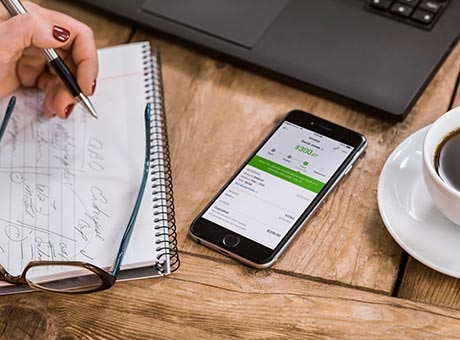Why Accrual Accounting Works for Prepaid Expenses
Your accounting entries to reduce your prepaid account involve a debit to your expense account and a credit to your prepaid account on your balance sheet. The debit appears on the left, while the credit appears on the right of the financial statement. This system works because it gives you a more accurate picture of your company’s financial stability. It also gives potential investors a more precise view of your monthly or quarterly financial activity.
Entering prepaid expenses requires you to keep good records. You need to know when the prepaid transaction entered into your records and when it is time to convert it to an expense. Keep reminders or notifications that let you know when it’s time to adjust a prepaid account so you don’t forget to move the balance.
Set up several accounts in QuickBooks, such as prepaid rent, prepaid insurance, or prepaid taxes, instead of using one prepaid account. Then, enter these transactions as specifically as possible when you move the charge to an expense account for those same items.
Keep your books accurate and up to date automatically. Change the way you manage your finances now with QuickBooks Online.




